Ostriches Don’t Actually Bury Their Heads—But We Do
The surprising reason you avoid bad news and how to stop doing it.
Isn’t it funny how the things we most need to address are often the ones we sidestep, like my mom and her blood sugar tests.
This week, while in Mumbai, I decided to bring it up after dinner.
I asked, “Did you get your blood sugar checked this quarter?”
“No need. It’s fine”, she said, eyes on her phone.
“Mom, Diwali was last month. It’s time for a check up.”
“I feel fine. No problems”, she replied.
Okay, final attempt.
“You feel fine now, but isn’t the point to catch problems early? Should I book an appointment for you?”
“I don’t have time for this. Also, when are you buying a house? All your friends already have one.”
Well, that, obviously, was the end of the conversation.
But as I sat there, I realised this wasn’t just about her. This was us. We all do it, whether it’s:
💸 Not seeing your credit card balance after a weekend of partying.
⚖ Avoiding the scale after what you told yourself was just one “cheat day” (but really, it’s been three years).
📧 Ignoring unopened emails after a tough deadline.
Why do we bury our heads in the sand, even when the facts are screaming for our attention?
🚨 Quick sidebar: Enjoying what you're reading? Bet you've got a friend who would too. Share and help me grow this community.
Pssttt… they will also get a free copy of my ebook, Framework for Thoughts, when they sign up!
The Ostrich Effect: When Ignorance Feels Like Bliss
The Ostrich Effect is a cognitive bias where we avoid negative (but useful) information because it feels easier to ignore reality than to face it.
It’s not laziness—it’s our brain’s way of dodging discomfort.
And while ostriches don’t literally bury their heads in the sand1, humans might as well.
Why Do We Stick Our Heads in the Sand?
🫣 Loss Aversion: Bad News Hurts More
We hate losing twice as much as we enjoy winning, a phenomenon called loss aversion.
If you haven’t read it, Thinking, Fast and Slow by Daniel Kahneman explains this concept quite well as part of his prospect theory.
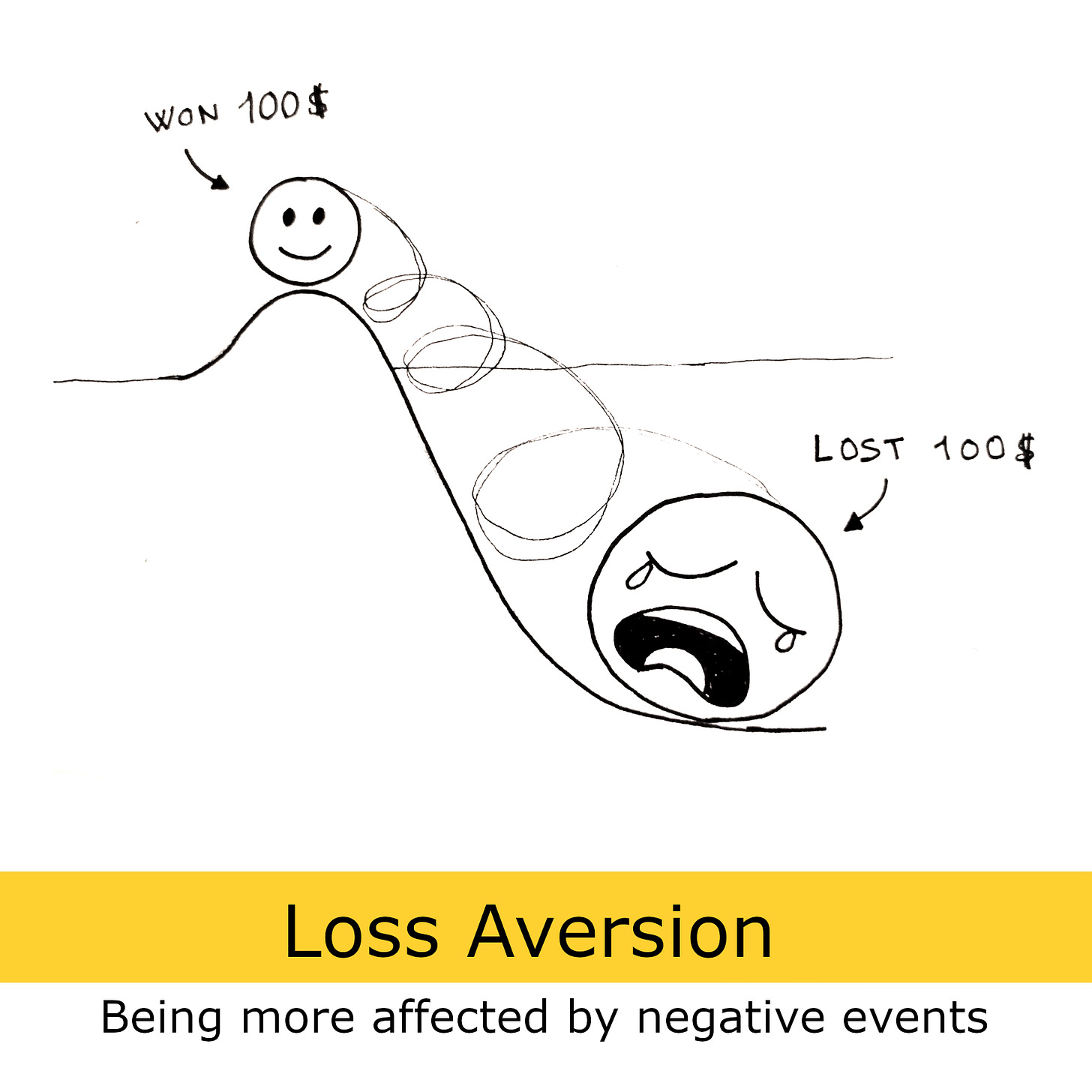
It’s why bad news feels unbearable, even when it’s temporary.
Investors are more likely to check their portfolios when markets are doing well and avoid them during downturns. This behaviour isn’t rational but emotional: if you don’t see the losses, they somehow feel less real2.
It’s not just about investors. Thanks to loss aversion, the fear of seeing a big expense on your budget or bills is enough to make you look away.
🧿 Belief Protection: Change is Hard
We like to think we’re doing okay, so feedback that suggests otherwise can feel like a personal attack. This psychological discomfort is called cognitive dissonance, and we will go to great lengths to avoid it.
One of the main reasons people don’t track their progress is that it forces them to change their beliefs about themselves3.
If checking your goals means admitting you’re not where you thought you’d be, skipping self-monitoring starts to feel easier.
😰 Negative Emotions: It’s Easier Not to Try
Avoidance often comes down to how it feels. When we think about unmet goals, it stirs up anxiety, frustration, or shame, none of which are pleasant.
Emotional reasons like fear of failure and worry about negative feedback are the most common excuses for avoiding progress checks4.
The idea of being told, “You’re not there yet”, is enough to make people disengage altogether. Instead of confronting the challenge, it’s easier to avoid it.
How to Stop Playing Ostrich
🤔 Ask Yourself Three Key Questions
Before making a decision (or avoiding one), ask:
Is there information that could help me make a better choice?
Am I avoiding that information?
If yes, why?
Sometimes, just naming your hesitation is enough to push you toward action.
🙅♂️ Set Rules for Intentional Ignorance
But the Ostrich Effect isn’t always the villain. Sometimes, a little strategic ignorance can actually work in your favour. For example:
Some long-term investors avoid checking daily stock prices to stay calm.
Authors often retreat to media-free cabins when they need to focus on writing.
The key? Ignore strategically, not emotionally.
The truth won’t change just because you avoid it—so maybe it’s time to pull your head out of the sand and face it head-on.
Until next time,
Tapan (Connect with me by replying to this email)
Thank you for reading! 🙏🏽 Help me reach my goal of 3,000 readers in 2024 by sharing this post with friends, family, and colleagues! ♥️
As an Amazon Associate, tapandesai.susbtack.com earns commission from qualifying purchases.
[Source] It is believed that the myth of ostriches burying their heads in the sand arose because ostriches lay their eggs in a hole dug in the ground, not in a nest. And when they are tending to their eggs there, it might look from afar like they are sticking their heads in the sand.
Karlsson, Niklas and Seppi, Duane J. and Loewenstein, George F., The 'Ostrich Effect': Selective Attention to Information About Investments (May 5, 2005). Available at SSRN: https://ssrn.com/abstract=772125




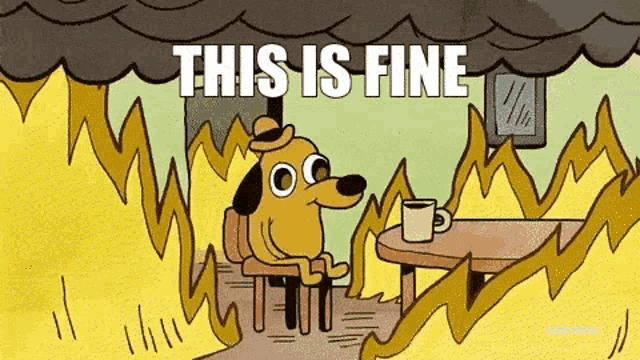
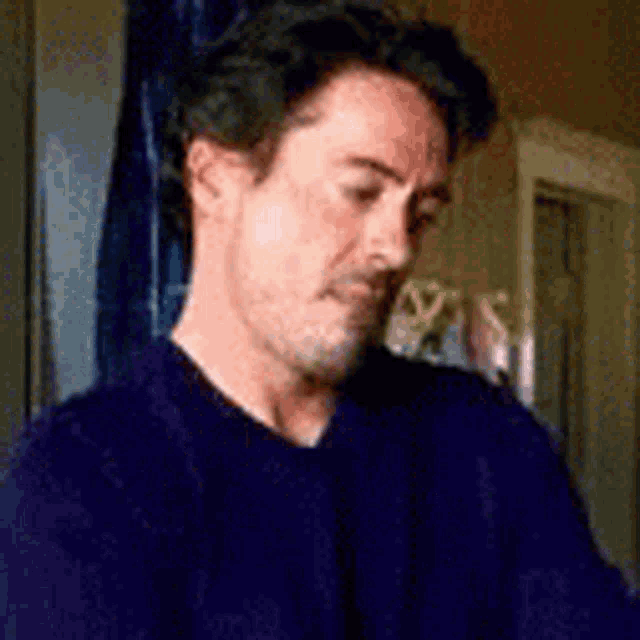
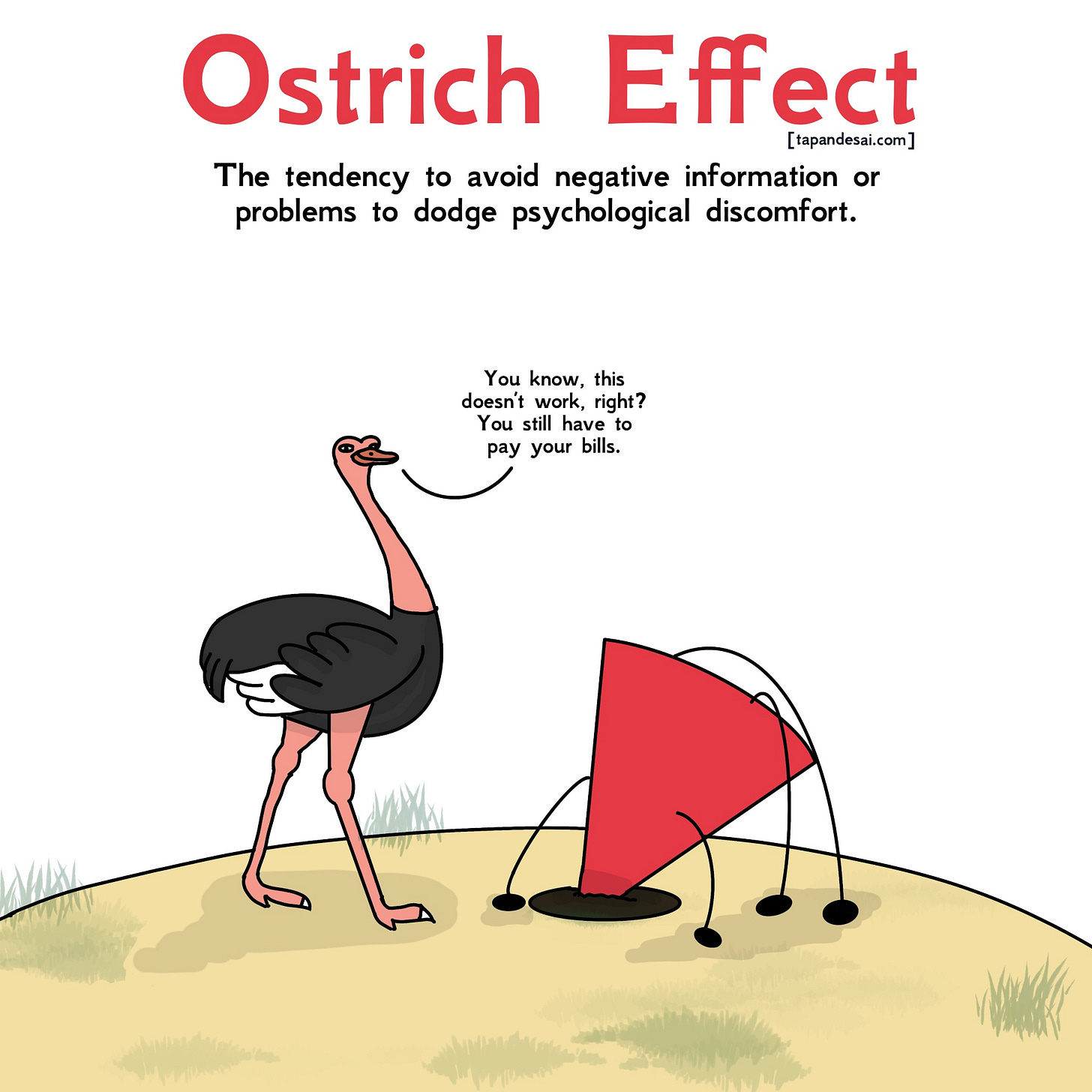
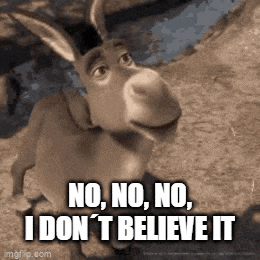
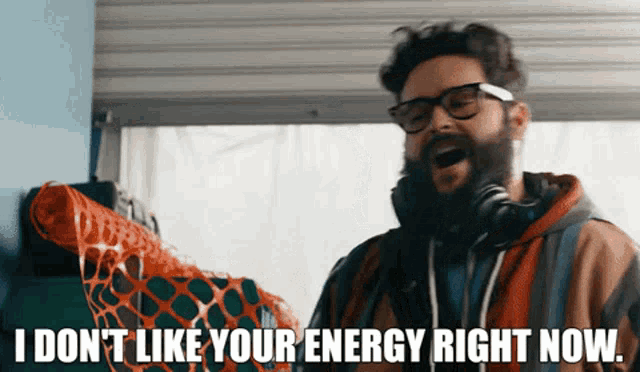


@Tapan Desai Nice post, and cool to see one my drawing be shared in it!
Ostriche Club 😁